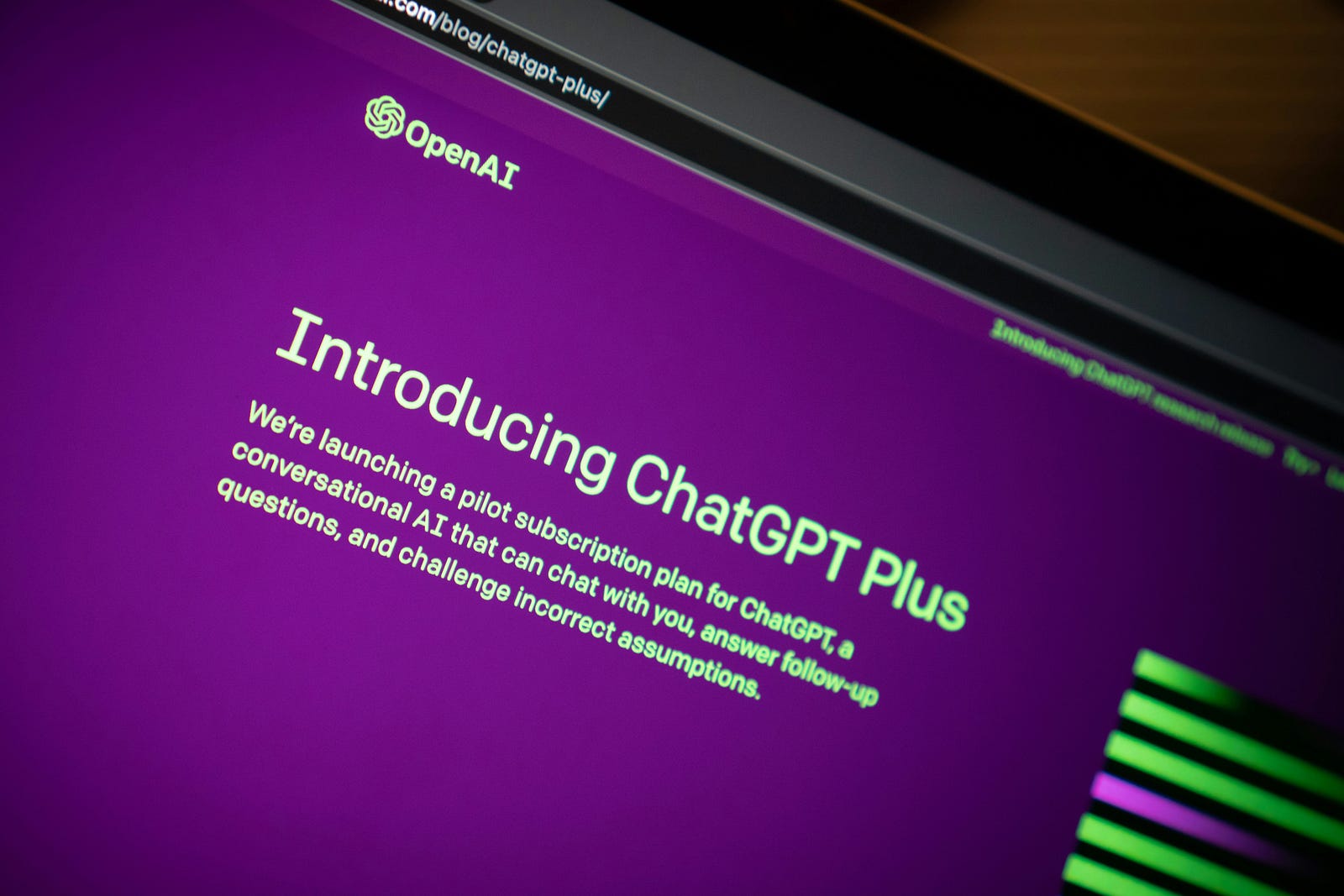Imagine you’re curled up in a ball, the world throbbing in time with a relentless headache. Desperate for relief, you turn to a popular AI tool for guidance. But instead of finding solace, you stumble upon potentially harmful advice. Yikes! Can you trust medical AI?
As a physician, I often think about the growing impact of artificial intelligence (AI) on medical practice.
Artificial intelligence is contouring body structures on CT scans for radiation therapy planning.
AI is reading pathology slides, helping to determine if my patient’s cancer has particular biological markers.

Machine learning facilitates the detection of cancer in mammograms. It is learning to read MRI scans.
But what about AI and migraine headaches/
My Goals
I just described the promise of artificial intelligence.
And the peril?
I won’t describe a dystopian nightmare; we’ll examine recent discoveries about the well-known AI tool ChatGPT.
While it might seem like a handy resource for headache information, new research suggests it can lead you down the wrong path, particularly when it comes to treating migraines.
So, what’s the deal?
In this article, we’ll delve into the surprising shortcomings of AI for migraine treatment, explore why it struggles with medications, and discover the areas where it shines.

We’ll also explore the importance of seeking qualified medical advice for managing those nasty migraines, ensuring you get the relief you deserve.
I’ll sort fact from fiction in the world of AI-powered pain relief.
Can You Trust Medical AI?
Here’s how researchers tested whether ChatGPT could give good advice regarding migraine headaches.
Researchers threw ChatGPT a curveball, asking 14 common questions about migraine treatments.
These questions ranged from preventative medications and traditional acute treatments (such as pills) to newer options like sprays and nerve blocks.
They also explored non-medicinal approaches like diet, exercise, and massage.
But here’s the kicker: The researchers didn’t stop there.
They presented ChatGPT’s AI-generated responses to a panel of real headache specialists — a neurologist, a physician assistant, and even a dedicated headache researcher.
So, what did the experts have to say?
How Did ChatGPT Do?
So, how did those headache specialists react to ChatGPT’s answers? Well, they weren’t exactly impressed, especially regarding medications.
The specialists rated ChatGPT’s answers on a scale of 1 to 5 (with five being the best).

For non-medicine approaches like exercise or massage, ChatGPT did okay, with its highest score being 4.75 for advice on behavioral therapy.
However, for things like medications, the ratings dropped. The best score ChatGPT got for medications was 3.95 out of 5 (for procedures like nerve blocks).
The worst score, a measly 3.5, was for advice on preventative medications.
Ouch!
ChatGPT’s mistakes with medications were much more serious than its stumbles with non-medicinal treatments.
Where ChatGPT Went Wrong
While ChatGPT was partially off the mark with non-medication treatments, the headache specialists found some major issues with its medication advice.
Here’s why you shouldn’t rely solely on AI yet:
- Dangerous Recommendations: ChatGPT suggested some risky options, like opioids and even migraine surgery. It would be best only to consider such approaches under a doctor’s careful supervision.
- Inaccurate Information: The tool made mistakes, like saying a certain device (Cefaly) requires a prescription when it’s over-the-counter. It also missed mentioning the potential risks for pregnant women using some migraine treatments, like feverfew.
- Missing Crucial Details: ChatGPT should have included important information. It failed to mention some well-established migraine medications and neglected to warn about the potential side effects of other drugs.

My Take – Can You Trust Medical AI?
ChatGPT might be a reasonable starting point for general migraine information.
However, it is critical to remember that migraine headache management is individualized.
It would be best if you did not rely on generic AI advice.
Please discuss your situation with a qualified healthcare professional to get the safest and most effective treatment plan.
Learn more about migraine headaches here:
How To Get Rid of a Migraine
Hiding under a blanket until your headache disappears isn’t always the best option. Learn more about how healthcare…my.clevelandclinic.org.
Researchers presented the findings at the American Headache Society (AHS) Annual Meeting 2024.
Thank you for reading “Can You Trust Medical AI?” PLEASE CONSIDER SIGNING UP TO FOLLOW THIS BLOG.




